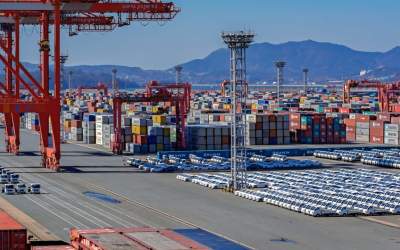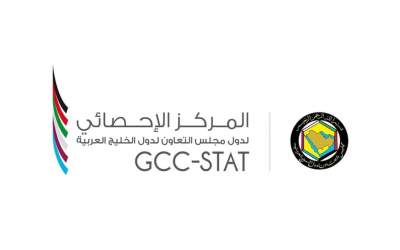Russian media announced that Russian President Vladimir Putin signed a law on Friday that establishes a legal framework for taxing cryptocurrency mining and trading.
Publish dateSunday 1 December 2024 - 01:30
According to Amac News: Citing the Moscow Times, the law recognizes digital currency as property in amendments to Russia’s tax code. While cryptocurrency mining and sales are exempt from value-added tax (VAT), the law requires mining operators to report to local authorities or face a fine of 40,000 rubles (approximately $380).
Under this law, cryptocurrency transactions will be subject to income tax, with the tax rate set at 13 percent for incomes up to 2.4 million rubles (about $22,300) and 15 percent for incomes above that.
Russia, a global leader in cryptocurrency mining, expects to collect up to 200 billion rubles (around $2 billion) annually from miners.
The Russian tax service launched a database of large state-approved miners on November 1, under a law signed by Putin in August.
Another law passed at the same time allows the Russian Central Bank to launch a pilot project to investigate cross-border transactions using cryptocurrencies.
Russia hopes that cryptocurrency transactions, which are harder for Western regulators to track, will facilitate the purchase of banned goods in international markets.
The United States has threatened to sanction banks in China, Turkey, and the United Arab Emirates if they assist Moscow in acquiring banned military goods or trading with sanctioned Russian companies.
Under this law, cryptocurrency transactions will be subject to income tax, with the tax rate set at 13 percent for incomes up to 2.4 million rubles (about $22,300) and 15 percent for incomes above that.
Russia, a global leader in cryptocurrency mining, expects to collect up to 200 billion rubles (around $2 billion) annually from miners.
The Russian tax service launched a database of large state-approved miners on November 1, under a law signed by Putin in August.
Another law passed at the same time allows the Russian Central Bank to launch a pilot project to investigate cross-border transactions using cryptocurrencies.
Russia hopes that cryptocurrency transactions, which are harder for Western regulators to track, will facilitate the purchase of banned goods in international markets.
The United States has threatened to sanction banks in China, Turkey, and the United Arab Emirates if they assist Moscow in acquiring banned military goods or trading with sanctioned Russian companies.
amacnews.com/vdcj.he8fuqevx29zu.html
Source : news agency ISNA
Most viewed















